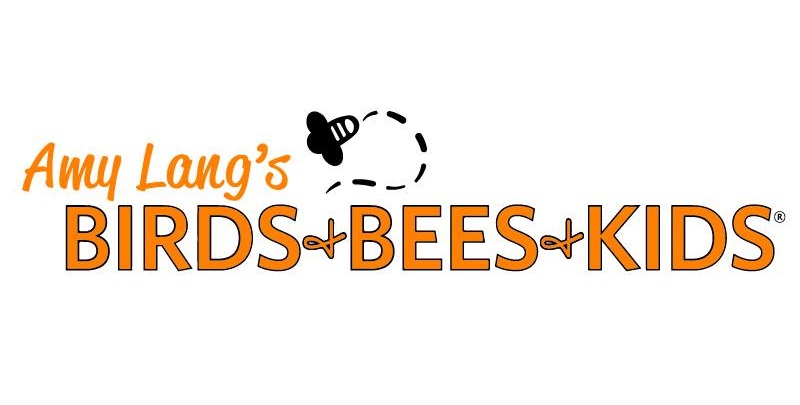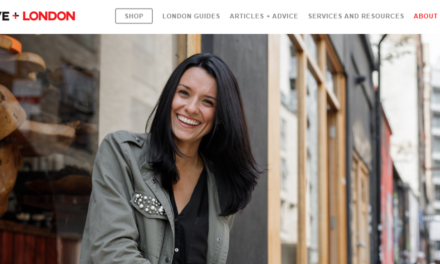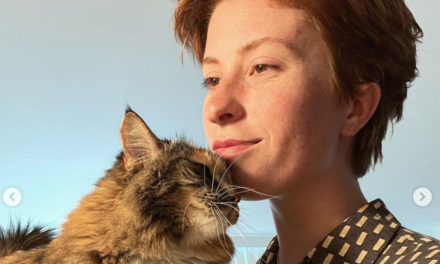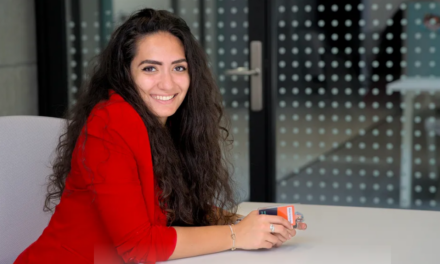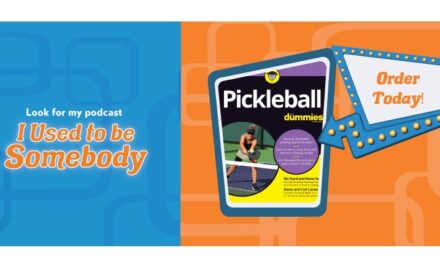Entrepreneur: Amy Lang
Biz: Birds & Bees & Kids
Tilt: Helping parents talk about sex
Primary Channels: Online courses, podcast, newsletter
Other Channels: Facebook (10K), Instagram (4K), YouTube (862)
Time to First Dollar: To test her content, she offered free programs at first. Within three to six months, she charged a small fee.
Rev Streams: Birds & Bees Solutions Center, live and online parenting classes, professional training, one-on-one consultations, and her online bookstore.
Our Favorite Actionable Advice:
- Learn, then create: As a sex educator, Amy thought the conversations with her son would be easy. She was wrong, so she did the research for her family and used what she learned to start a content business.
- Build a list: From her first days, Amy focused on building her newsletter list. Because of that, she didn’t need to market beyond that list and word of mouth when she went full time with Birds & Bees.
- Evolve as needed: After blogging for over 10 years, Amy was tired of writing, so she turned her blog URL into a home for her podcast links. Remember, what you start creating doesn’t have to be what you create forever.

The must-attend business event for content creators. May 1-3, 2023 at the Cleveland Convention Center.
The Story of Amy Lang
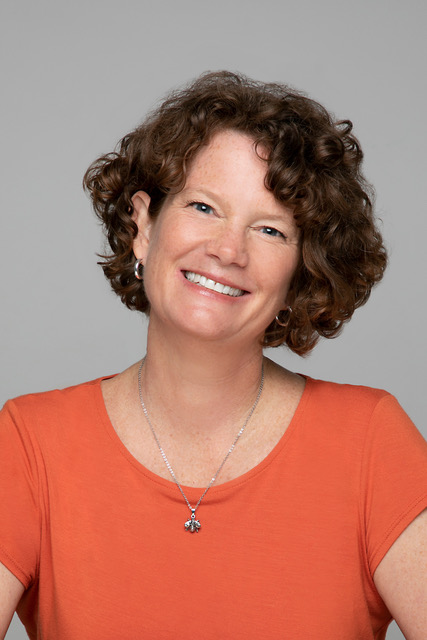
For 16 years, Amy Lang was a sex educator, counseling adults about birth control, pregnancy, sexually transmitted diseases, and related topics. So when she had a child, she figured she’d have no problem launching into similar conversations with him.
She was wrong. “I was super uncomfortable,” she says. “I had no idea how to talk to a young kid.”
Amy, who holds a master’s degree in adult education, researched the best ways to talk about sexual health with kids. What she learned would become the foundation for a content business. In 2006, Amy launched Birds & Bees & Kids, educating parents and caregivers about how to talk to kids about sex.
“I was figuring it out for our family, and I realized that I could help other parents,” Amy says.
Amy Lang researched the best ways to talk about sexual health with kids to learn how to talk with her son. She turned what she learned into a #ContentBusiness to help other parents. #ContentEntrepreneur Share on XEarly days of digital content businesses
The earliest iteration of Amy Lang’s business included a blog, which provided content for a newsletter that now goes to more than 15K; in-person classes to local parent groups; and individual consultations with families.
As she juggled her busy life, serving as her family’s primary caregiver and working a part-time job, Birds & Bees slowly grew through word of mouth and email marketing. “I really focused on growing my list and reaching people that way,” Amy says.
That slow growth paid off. Around 2010 – four years into her venture – she quit her part-time job to focus on Birds & Bees full time. She had built a big enough network that business came to her. And her son was older, so she had a more flexible schedule to devote to her burgeoning enterprise.
From the first opportunity, she taught courses online – and by phone on occasion – sometimes collaborating with other parent educators. Eventually, she connected with Thinkific, an online course platform, to help her set up The Birds & Bees Solutions Center, a resource library of on-demand videos that provide parents with a litany of answers to questions about how to broach sexual health and safety topics with their kids.
The cost is $89 per year for full access and comprises a large portion of her revenue, which has grown to six figures. She offers discounts for people who have attended her programs elsewhere because she wants to ensure they have access to more information as they face new questions from their kids as they grow.
The Birds & Bees Solutions online course hub on @Thinkific charges $89 for full access. The revenue helps creator Amy Lang earn over six figures in her business. #CreatorEconomy Share on X“One talk with me is just not enough,” she says. “It’s enough to get them excited, but it’s not enough to help them or really parent their kids differently than they were parented.”
Twists and turns
Around 2016, Amy launched a second venture, BBKPros.com, providing sexual abuse prevention education to youth-serving organizations, including the U.S. Air Force. The opportunity emerged after she spoke at an early childhood education conference.
And three years ago, she started a podcast to reach even more people. In some episodes, she answers listener questions. In others, she interviews guests. And since she had grown tired of blogging, she turned that site into a home for her podcast links.
Today, Amy’s revenue streams are diverse. They come from the solutions center subscriptions, live and online parenting classes, professional training via BBKPros.com, one-on-one consultations, and her online bookstore where she sells her and other authors’ books.
In 2023, Amy is focused on boosting her marketing of the solutions center and monetizing her podcast. But her goal with her business is the same as when she started in 2006 — to help kids by educating their parents and caregivers.
“I’m super lucky to get to do work that I totally, totally love. This is what I was put on the planet to do,” she says. “My whole thing is that I want every child to grow up to be a whole, healthy, happy adult. And they can’t do that without having education about this part of life. I can’t do that. But I can help their parents.”
Advice for content entrepreneurs
For creators considering teaching online courses, Amy recommends:
Start small: Don’t try to publish an entire resource library of videos all at once. Start with a handful and see how it goes.
Listen to your audience: You may feel absolutely certain about the information your current and future customers are looking for, but you could be wrong.
“Survey people and say, ‘What do you want and need from me?’” Amy says. “Make sure you’re going to teach what people really want.”
Don't assume you know best what your audience wants. Ask them what they want or need to hear from you first, says #ContentEntrepreneur Amy Lang. Share on XOffer some easy starting points: Not everybody has time for hour-long online courses. That’s why so-called microlearning – short “classes” in 10 minutes or less – are growing in popularity. According to Thinkific’s Digital Learning Trends 2023 Report, 41% of respondents say they like short-form learning to discover new topics and 26% say information from short courses is easier to absorb. Offering some shorter content products – whether a quick class or short podcast, for example – keeps listeners engaged and interested in the content.
Discounts help too, especially for those who have attended a one-off class and would benefit from the wider offering. As Amy explains, “I say, ‘As a thank you for taking the time to show up today and learn from me, I want to give you this discount, this thing that’s going to continue your learning,’” she says. “People appreciate it if they like learning from you and they want to learn more.”
About the author
Sarah Lindenfeld Hall is a longtime journalist, freelance writer, and founding editor of two popular parenting websites in North Carolina. She frequently writes about parenting, aging, education, business management, and interesting people doing remarkable things.

